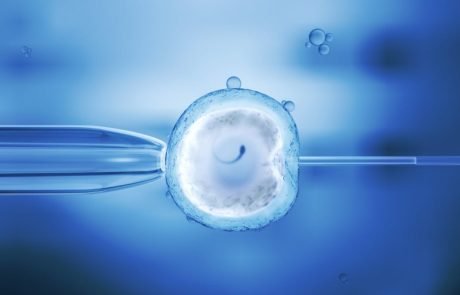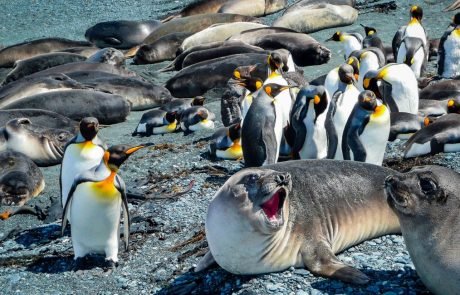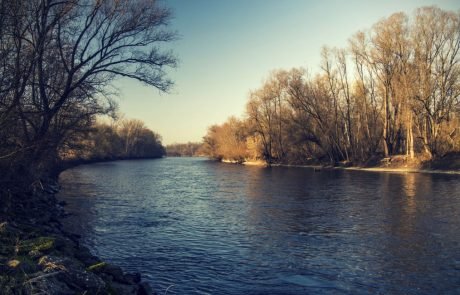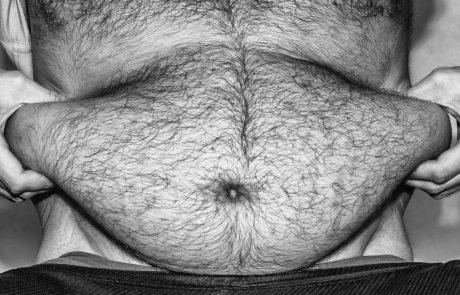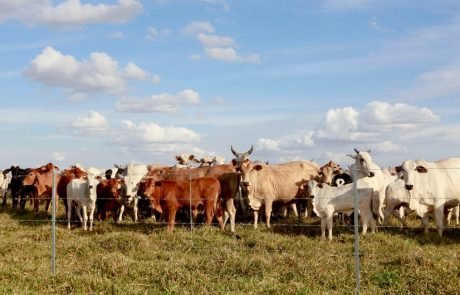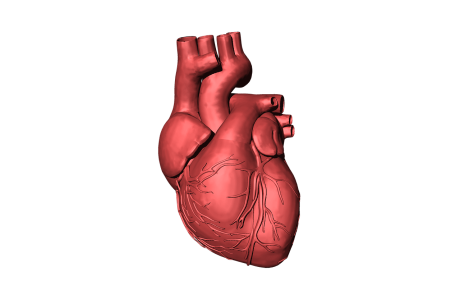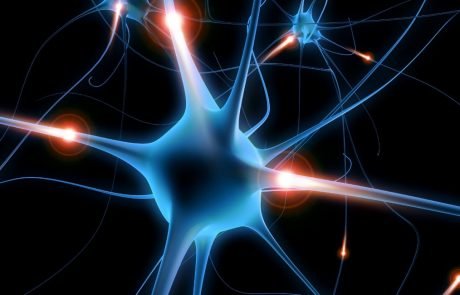On Monday, the German Ethics Council made public a 230-page report discussing their current position on human genome manipulation and in particular, germline editing. According to the press release published
Archive for May 2019
On the Antarctic peninsula, nitrogen-rich poop from seal and penguin colonies create biodiversity hotspots by enriching the soil, according to a new study published on 9 May in Cell Press
Owing to the absence of light at the bottom of the ocean, scientists previously believed that the deeper a fish lives, the less complex their visual system would be. But
Freshwater rivers provide vital ecosystem services, enable fish migration, and move sediments — such as sand, clay, silt, and soil — from one place to another to alleviate pollution. However,
Being overweight is no longer just an urban problem, as once thought. A new study published on 8 May in Nature suggests weight gain in rural areas may, in fact,
In a new commentary published on 8 May in Nature, three experts discuss the current priorities for food and land use, including sustainable agricultural systems, safeguarding biodiversity, and ensuring food
We need to talk about negative clinical trials: let’s forget about stem cells in heart failure
Despite the binary thinking of progressive scientists on the one hand and prophets of doom on the other, science doesn’t tend towards good or evil. Any experiments scientists can do,
A new report from the Intergovernmental Science-Policy Platform on Biodiversity and Ecosystem Services (IPBES) finds that the rate of species extinctions is accelerating and up to one million plant and
What geopolitical implications could arise from transitioning to a low-carbon world? A new commentary published on 1 May in Nature examines four possible scenarios, which they refer to as ‘Four
For the first time, researchers have analysed gene expression patterns of individual cells of patients with Alzheimer’s disease. In an early release of the study, published on 1 May in
